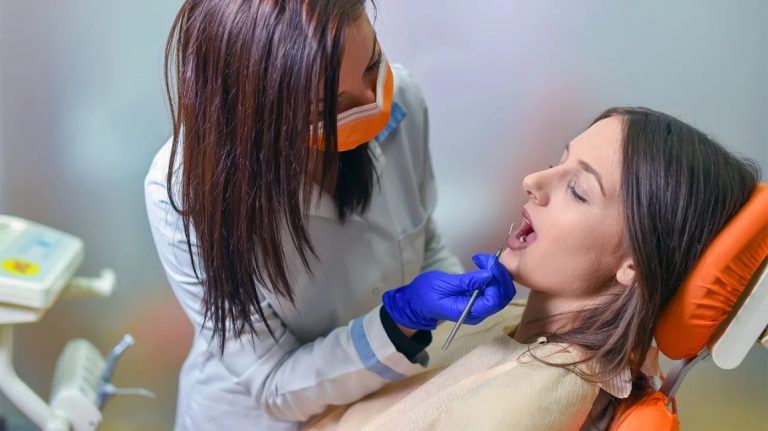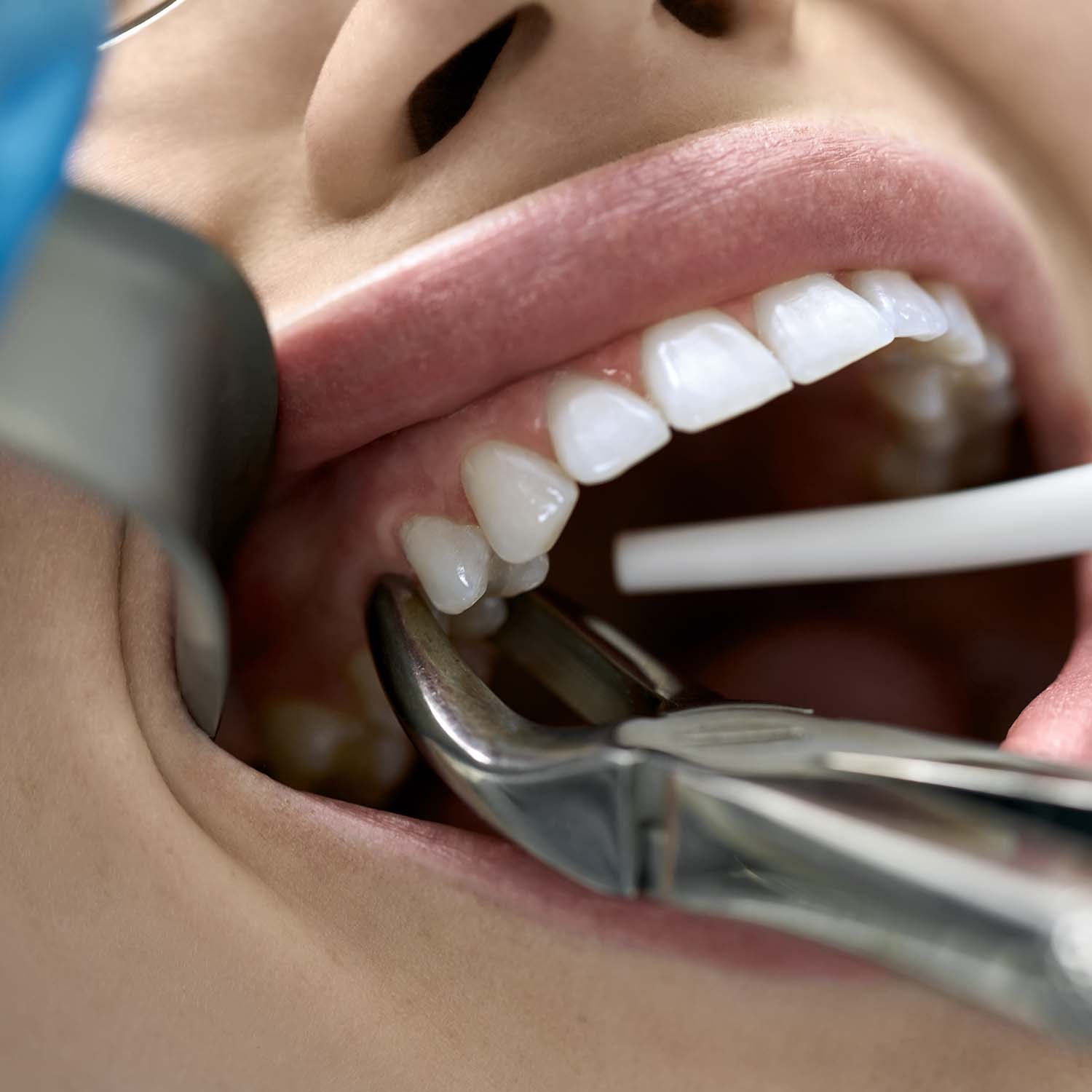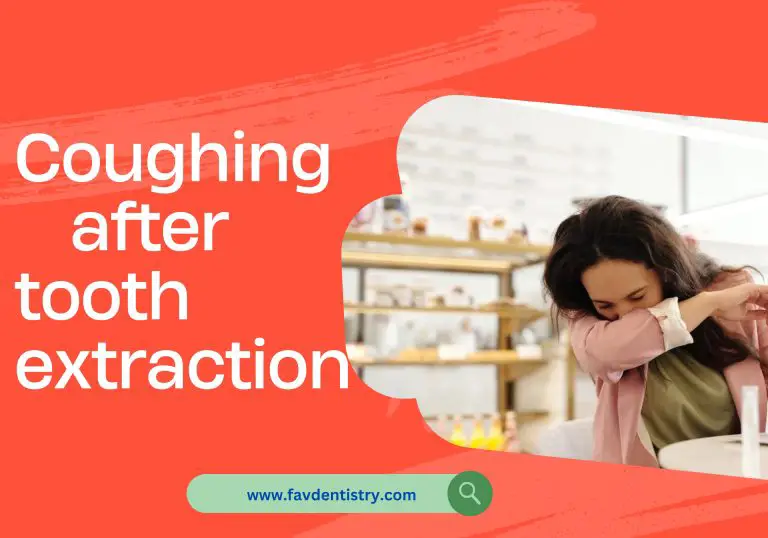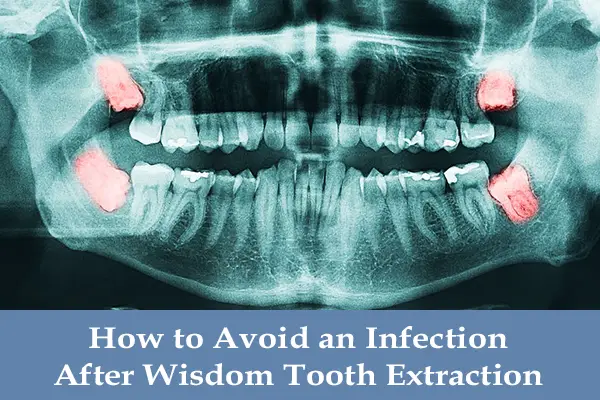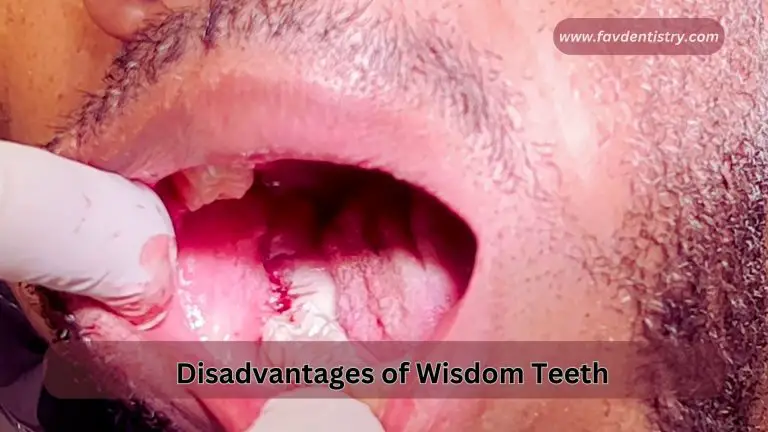Last Updated on 3 days by DR. ALBIN SIPES
Excess saliva after wisdom tooth removal is a common occurrence due to increased saliva production during the healing process, but it should typically subside within a few days. This excess saliva can be managed by swallowing regularly, avoiding spicy or acidic foods, drinking plenty of water, and sleeping with your head elevated.
It is important to maintain good oral hygiene by gently brushing your teeth and rinsing your mouth with warm saltwater. If the excess saliva persists or is accompanied by other symptoms such as fever or severe pain, it is advisable to consult your dentist for further evaluation.
In this article, we will discuss the causes of excess saliva after wisdom tooth removal and provide helpful tips to manage this issue effectively.

Credit: www.oralsurgerychestercounty.com
What Causes Excess Saliva After Wisdom Tooth Removal?
Excess saliva after wisdom tooth removal can be caused by a few factors. First, increased saliva production is common as the body tries to heal from the surgery. Nerve damage during the procedure can also affect saliva flow, leading to an excess.
Additionally, certain medications prescribed after the extraction may have side effects that increase saliva production. Although excess saliva can be uncomfortable, it is typically temporary and should improve as the mouth heals. To manage this symptom, try to swallow more frequently or gently spit out the excess saliva.
You can also try to distract yourself by engaging in activities that keep your mind occupied. If the excessive saliva continues or becomes bothersome, it’s always a good idea to reach out to your dentist or oral surgeon for further guidance.
How To Manage Excess Saliva After Wisdom Tooth Removal
Excess saliva after wisdom tooth removal can be bothersome, but there are ways to manage it. To start, maintaining good oral hygiene is essential. By regularly brushing and flossing, you can eliminate any food particles that may be stimulating saliva production.
Another helpful tip is to rinse your mouth with saltwater. This will not only soothe any discomfort but also reduce the excessive saliva. Additionally, it’s important to avoid certain foods and drinks that can stimulate saliva production, such as spicy or acidic foods, and carbonated or caffeinated beverages.
By following these simple instructions, you can effectively manage excess saliva after wisdom tooth removal and experience a more comfortable recovery.
Frequently Asked Questions For Excess Saliva After Wisdom Tooth Removal
Why Do I Have Excess Saliva After Wisdom Tooth Removal?
Excess saliva is a normal reaction to the anesthesia used during the procedure. It can also be a result of inflammation or irritation in the mouth. The excess saliva should gradually decrease within a few days.
What Can Cause Excessive Drooling After Wisdom Tooth Extraction?
Excessive drooling can occur due to the numbness caused by the anesthesia, making it difficult to swallow saliva. The presence of gauze or blood in the mouth can also trigger increased saliva production. This is temporary and should resolve as the healing process progresses.
How Long Does Excessive Saliva Last After Wisdom Tooth Removal?
Excessive saliva usually lasts for a few days to a week after wisdom tooth removal. However, it varies from person to person. If the excessive saliva persists beyond one or two weeks, it is advisable to consult your dentist for further evaluation.
How Can I Manage Excess Saliva After Wisdom Tooth Removal?
To manage excess saliva, try to swallow frequently, but avoid spitting. Gently wipe your mouth with a tissue or cloth to control excess saliva. Drinking cold water or sucking on ice chips can help alleviate the sensation. If the problem persists, consult your dentist for further guidance.
Is Excess Saliva A Sign Of Infection After Wisdom Tooth Removal?
While excess saliva is a common occurrence after wisdom tooth removal, it is not typically a sign of infection. However, if you experience other signs of infection such as severe pain, swelling, or fever, it is essential to contact your dentist as it may indicate an underlying issue.
Can Medications Cause Excess Saliva After Wisdom Tooth Removal?
Some medications, such as certain antibiotics or painkillers, can increase saliva production as a side effect. If you suspect that your medication is causing excessive saliva, consult your dentist or physician for further guidance and possibly an alternative prescription.
Conclusion
Excess saliva can be a common post-operative symptom after wisdom tooth removal. This excessive salivation can be attributed to several factors, including the body’s natural healing response and potential disruption to saliva production during the surgery. While it may be an uncomfortable and bothersome side effect, it is usually temporary and should gradually diminish within a few days or weeks.
To alleviate the excess saliva, it is recommended to maintain good oral hygiene, including regular brushing and rinsing with an antiseptic mouthwash. Additionally, keeping hydrated and avoiding certain foods that stimulate saliva production can help manage the symptoms. However, if the excess saliva persists or is accompanied by severe pain, swelling, or other complications, it is crucial to consult with your dentist or oral surgeon for further evaluation and guidance.
By following these tips and seeking professional advice if needed, you can ensure a smoother healing process after wisdom tooth removal.

